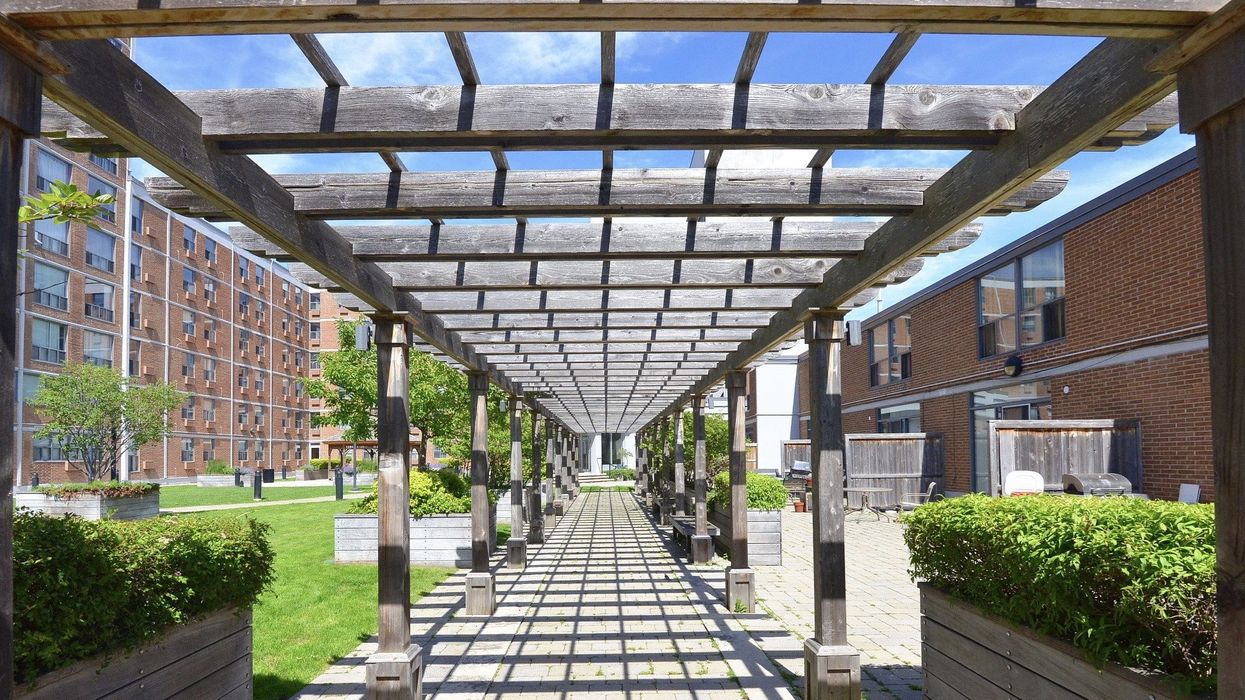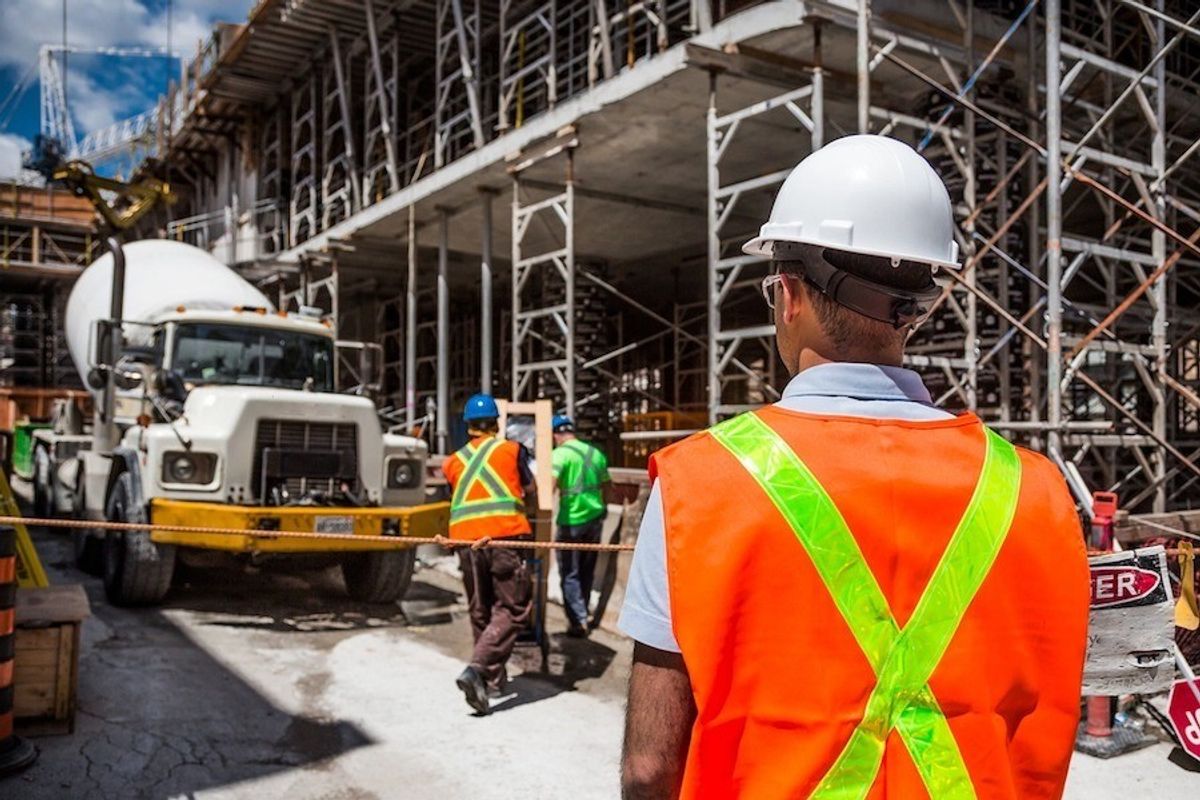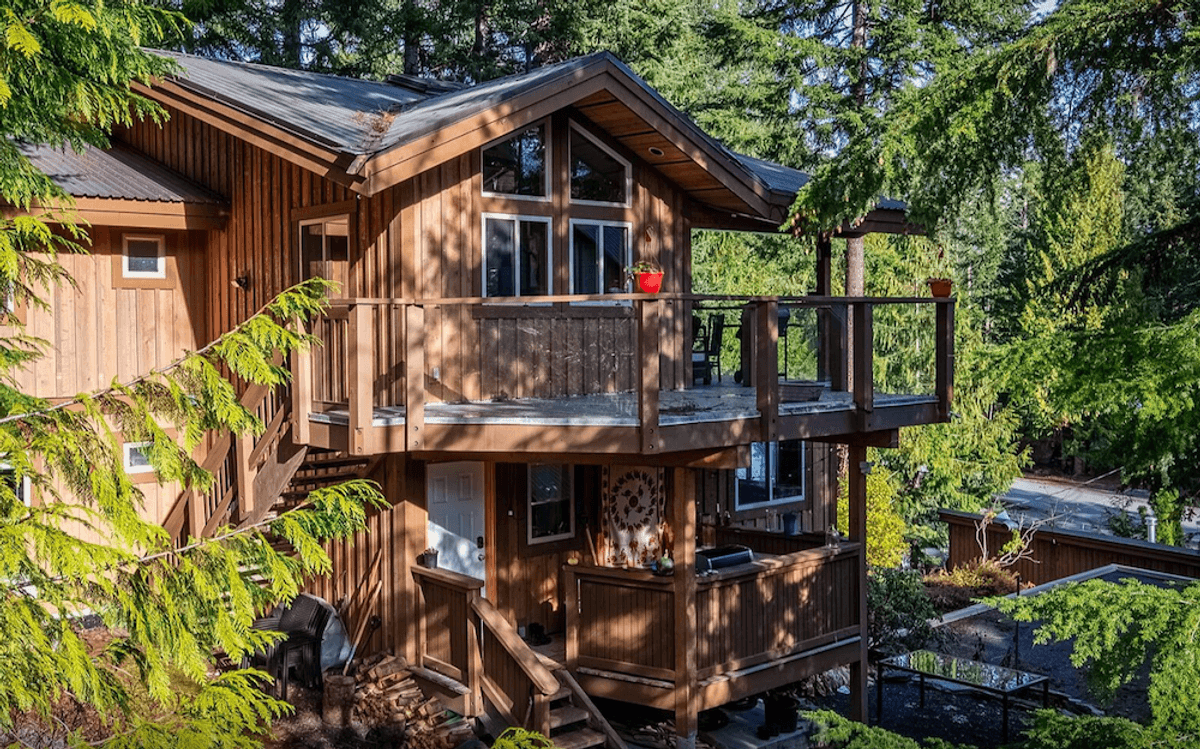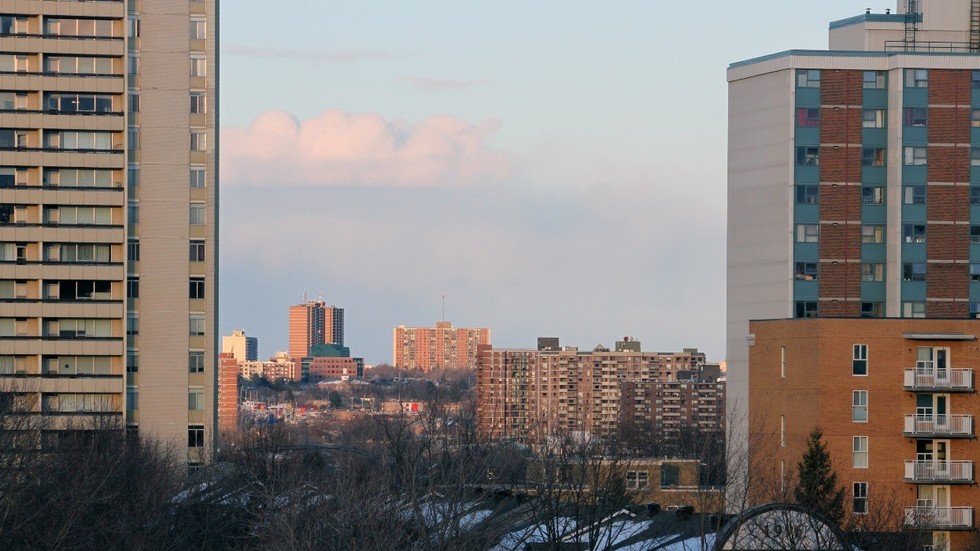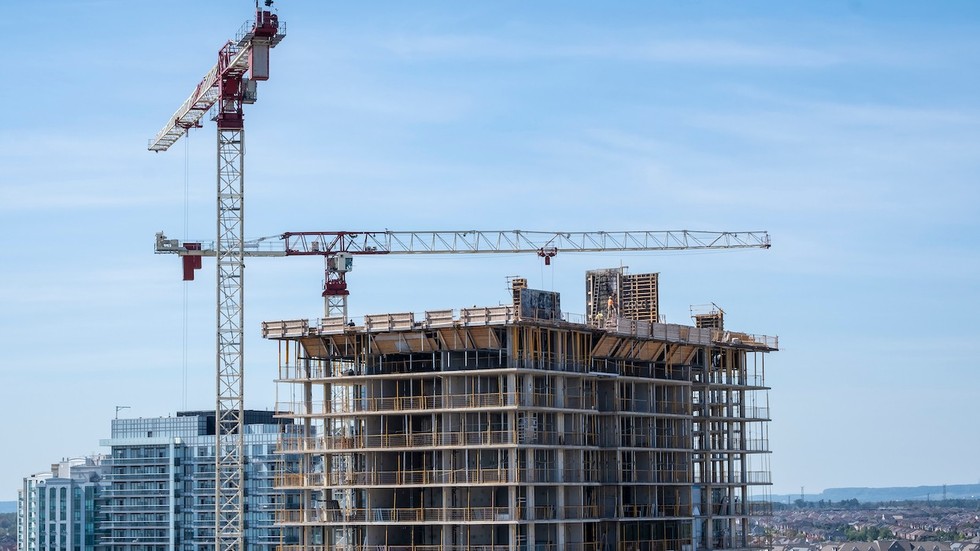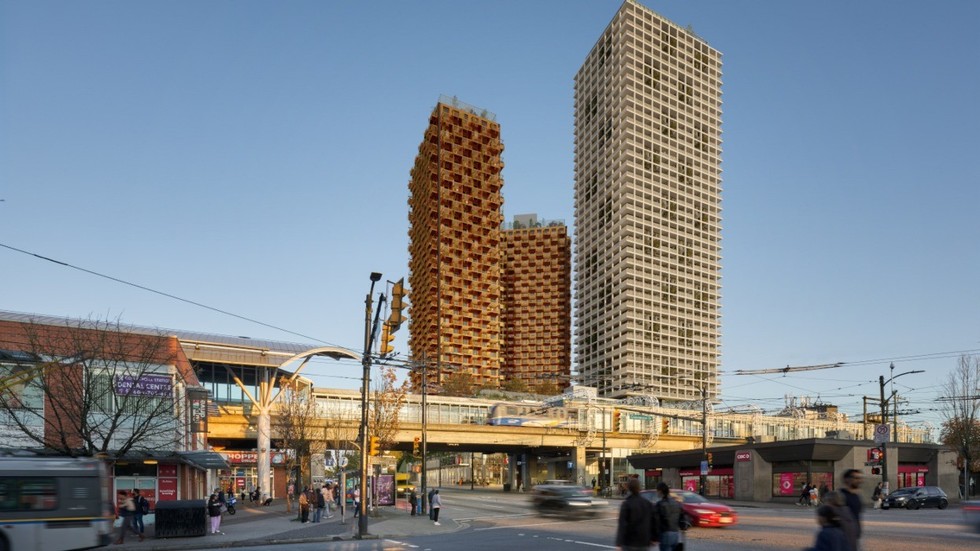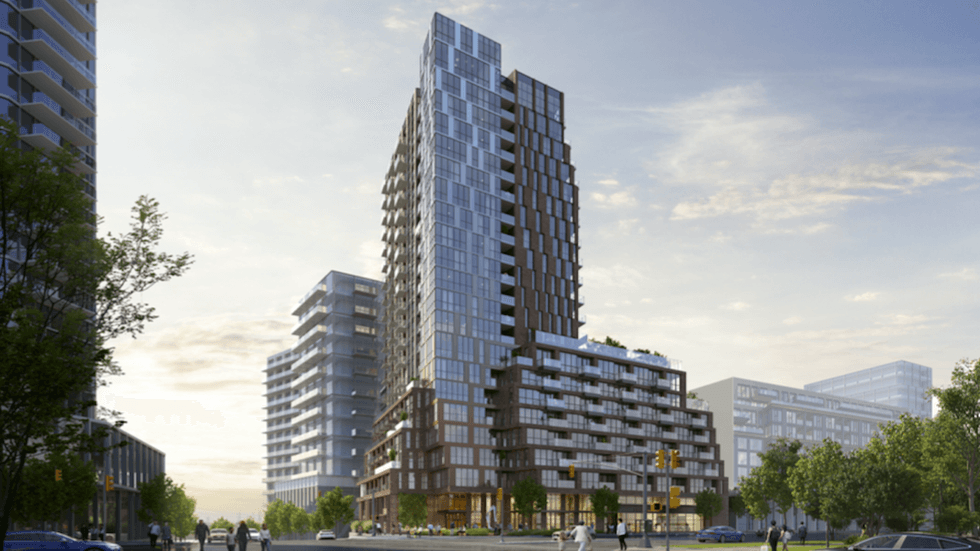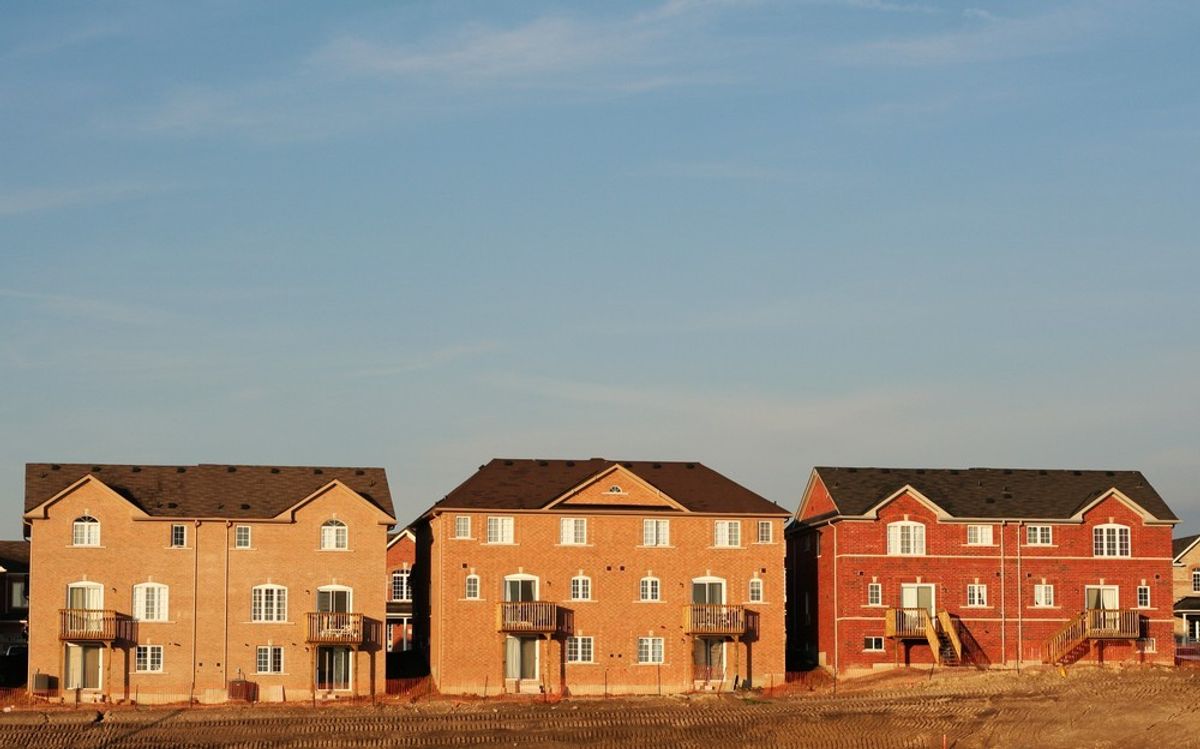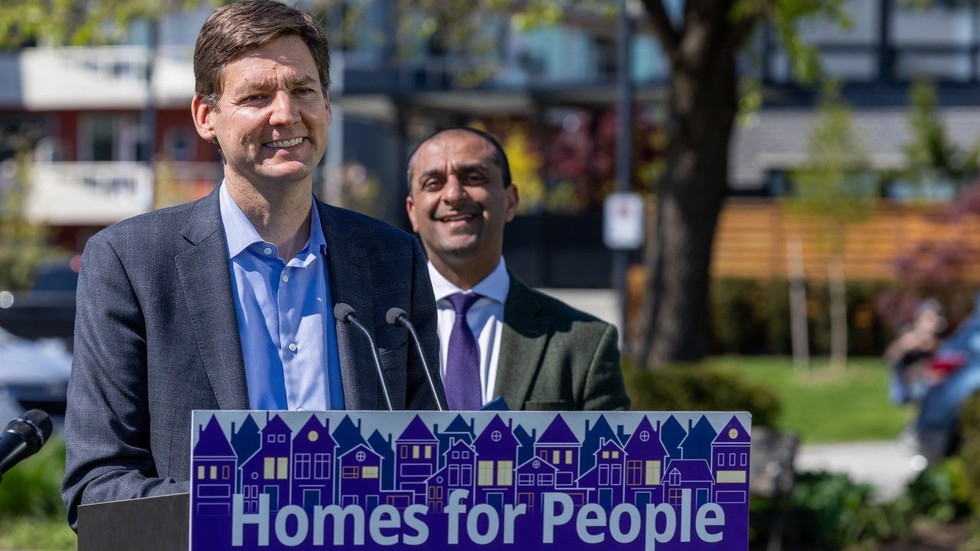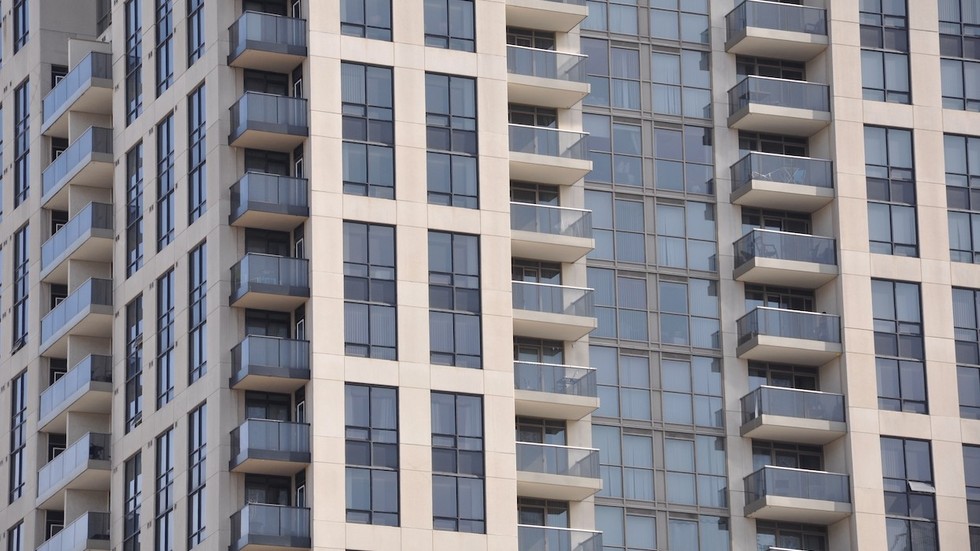In a public statement delivered at the end of April, Leilani Farha, the UN Special Rapporteur on the right to housing, called out the Swedish-listed Akelius Residential for its "aggressive business model."
The international landlord owns and operates some 44,000 rental apartments in North America and Europe and, according to the UN report, is valued at close to $13 billion.
Approximately 50 of Akelius' buildings are in Toronto.
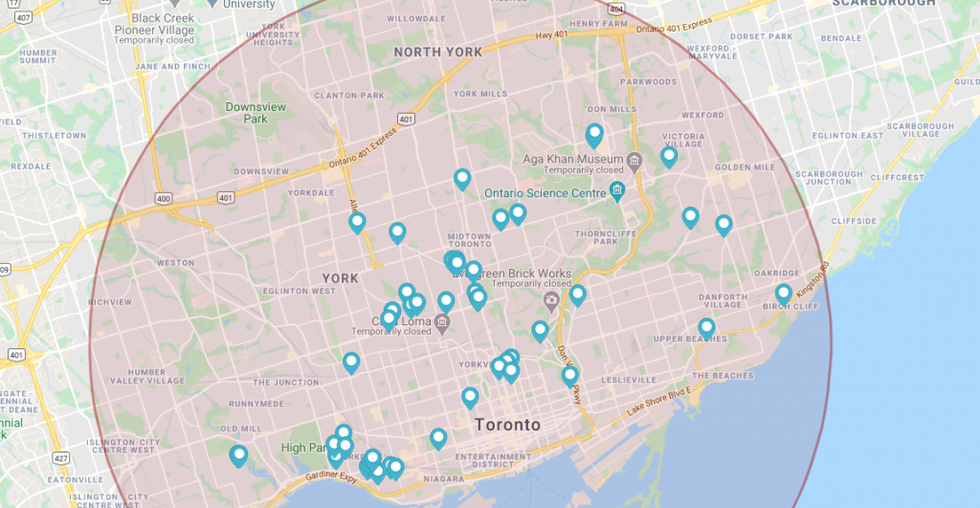
In the statement, which will be followed by a full report in the coming weeks, Farha says, “Akelius’s business model, driven by the desire to maximise profits, has created a hostile environment for its tenants through a severe degradation of housing conditions, higher rents and increased risk or threat of eviction.”
Currently in Ontario, and for as long as the COVID-19 crisis continues, evictions are illegal.
“I have been told that Akelius purchases apartment blocks, often with tenants already living in them, and then undertakes renovations to communal areas and vacant apartments within the block, regardless of need,” Farha said in her statement, adding, “These renovations are a vehicle for Akelius to charge substantially increased rents to both new and existing tenants, enabling it to circumvent vital rent-control regulations which commonly allow for above-control rent increases where modernization works are undertaken.”
In response to Farha's statement, Shelly Lee, Head of North America at Akelius Residential, responded by saying that "Akelius' business idea is to give a better living in major metropolitan cities. This means that we acquire old buildings, which very often have significant amount of deferred maintenance. Without renovations these houses eventually will become uninhabitable.
Akelius' policy is to renovate once apartments become vacant. We never force any resident from his or her apartment."
Lee also confirmed that Farha had not contacted Akelius before issuing her statement. "She says that she has “heard of cases”. She obviously has no proof, only hearsay. We are surprised by this and disappointed."
John Dickie, President of the Canadian Federation of Apartment Associations, meanwhile, suggests that what is lacking in the UN Special Rapporteur's statement about the human rights approach to housing "is the practicality." Dickie points to the contradiction of wanting building improvements to be made but being upset by any relocations these renovations require. "You can't wave a magic wand and make [these buildings] not need repairs and renovations," Dickie says.
"I think the position she's taking is extreme and impractical. In Ontario, there are things you have to do, letters you have to send, notices you have to submit to get these things done... virtually all reputable landlords in the province do this."
Farha told CBC that her full report wouldn't be released for another six weeks or so, but she said she had notified Akelius that she would be releasing her statement.
“Although it does a lot for charity, Akelius’s business model is trampling on the human rights of its tenants, decreasing housing habitability, affordability and security of tenure,” Farha included.
This article was last updated on May 12 to include new comments from Akelius.
